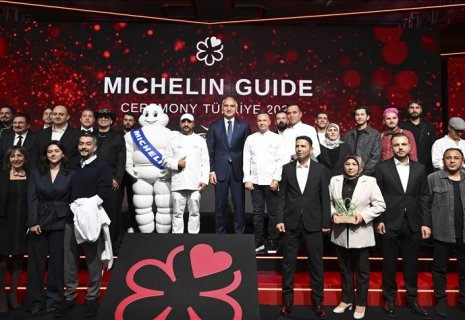
Gen Z Drives AI Adoption in Workplace
A new survey shows that Gen Z employees are not only embracing artificial intelligence (AI), but are also actively driving its adoption in workplaces, CE Report quotes Kosova Press.
Nearly two-thirds of younger workers are helping older colleagues learn and integrate AI tools, according to a June survey of over 2,000 professionals across the U.S. and U.K. by International Workplace Group, a hybrid workspace provider.
“This support takes many forms—from hands-on guidance to sharing practical tips for using AI in daily workflows,” said Mark Dixon, founder and CEO of International Workplace Group, to CNBC Make It.
About half of respondents say AI is helping bridge generational gaps at work. Four in five senior executives noted that working with younger colleagues allows them to focus on more high-value tasks, and 82% said these innovations are unlocking new business opportunities.
Dixon highlighted that older workers are showing genuine openness to learning from younger generations, creating a two-way knowledge exchange that flattens traditional hierarchies.
Gen Z workers reinforce their own AI skills by teaching others, while senior colleagues offer industry experience and strategic insight.
Overall, most employees are embracing AI’s potential to improve efficiency. Among 2,016 surveyed office workers, 86% said AI has made them more efficient, and 76% said it benefits their careers—rising to 87% among Gen Z. On average, AI saves workers about 55 minutes per day.
AI is also helping hybrid teams collaborate better across locations, with 69% of hybrid workers saying it improves teamwork. Other benefits include improved meeting preparation (46%) and better access to shared knowledge (36%).
Common AI use cases include writing emails, taking meeting notes, organizing files, entering data, and filling out forms. By automating routine tasks, workers can focus on more impactful and meaningful work.
“AI is emerging as a powerful unifier across generations,” Dixon said. “This active knowledge exchange is fostering open collaboration and building stronger, more resilient teams.”





















